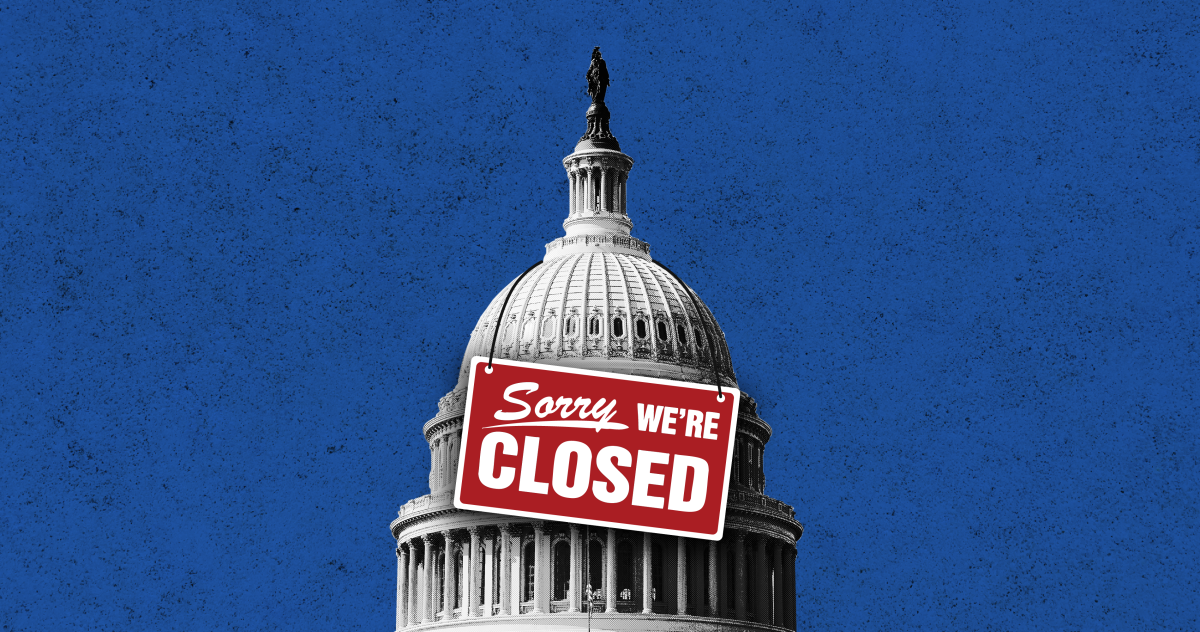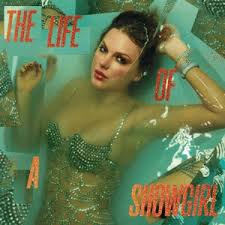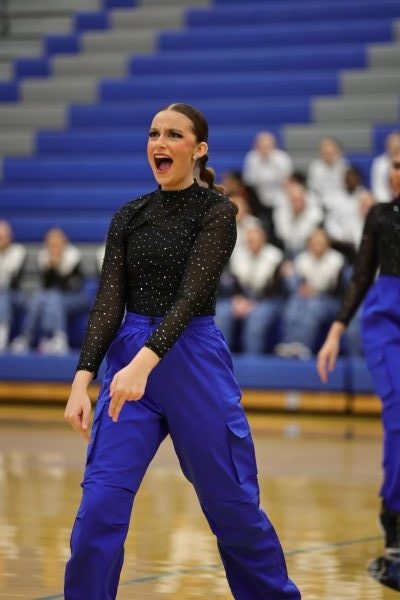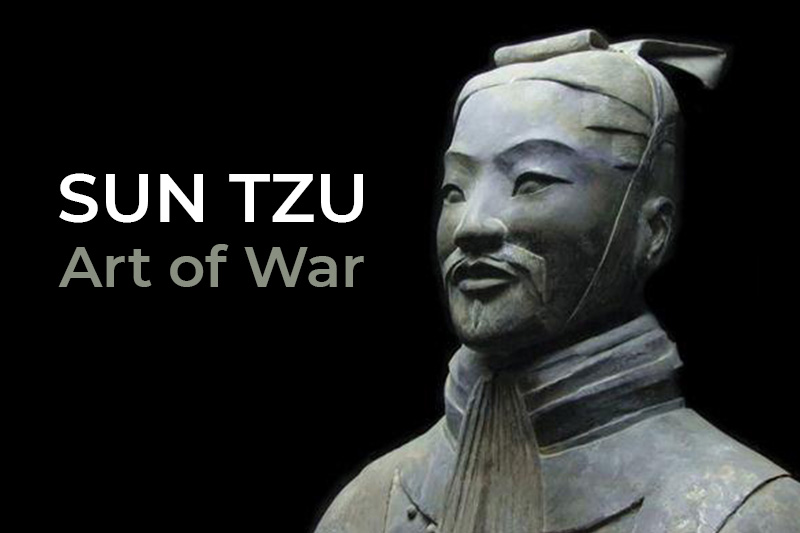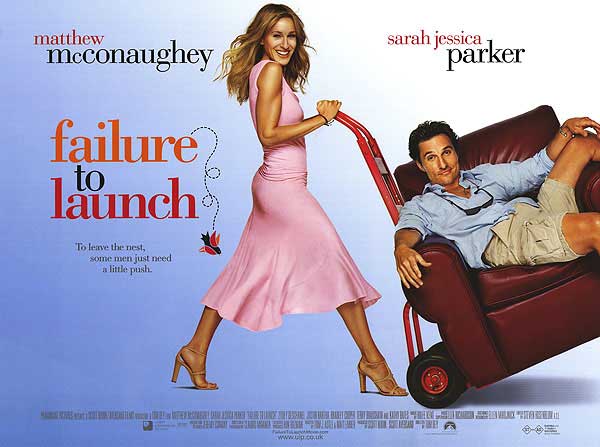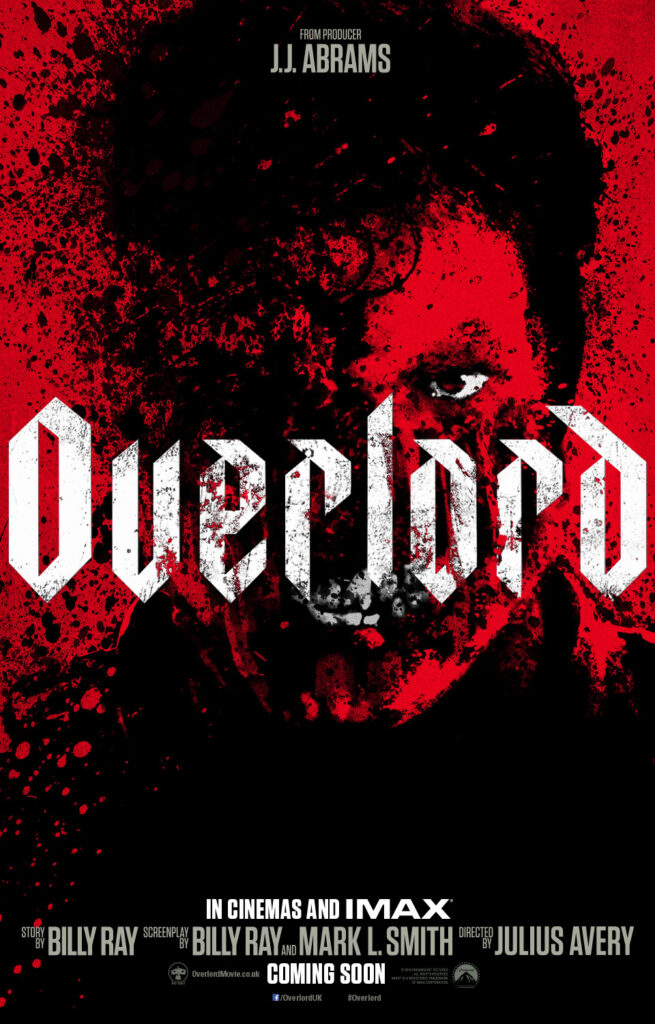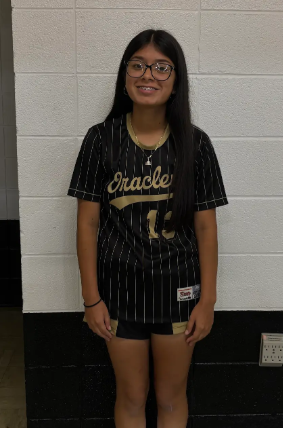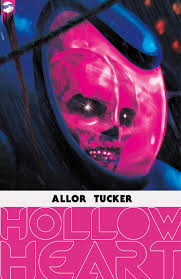
Before break began, DCHS was in for a treat with an exclusive interview with accomplished author, Paul Allor. Allor, prior to Covid, made appearances at conventions and signings like Comic-Con, specifically in New York and Emerald City. Even though it started as a Lunch and Learn, and ended as a zoom meeting in Mr. Bradford’s room, the interview was lively, and full of energy. Allor was tasked with answering a few questions, and did a fabulous job at doing so. Some extremely interesting conversations took place, and they had some insight for aspiring writers and people who are interested in being in the industry alike.
When asked what those who wish to follow in Allor’s footsteps should be aware of, they responded with a series of insights. Allor assures aspiring writers that it is acceptable to take the first ideas, and throw them away, or use them in smaller ways than imagined. They highlight that knowing not only when and where to use an idea or concept, but also how is extremely important. That it’s okay to trash a thought, or use it to a smaller degree than ideal. They express emphasis on the fact that not every idea plays out as expected, and that an important skill is knowing when to throw out an idea if it hasn’t worked.
Some of the keys to success mentioned by Allor were discipline, goal, theme, and experimentation. “Let it be messy,” guides Allor and this is a shared sentiment with another question, mentioned later on. For this question, though, Allor stresses that those aspiring to be in this particular industry need two things. The non-negotiable: luck, and something extra: either talent or persistence (with writing and networking). The route, according to Allor, is not one of structure or particular steps or phases, but if one has the two things previously mentioned, it will likely work out for them. Lastly, Allor speaks of their experience, and says that this career is “public facing” and that readers are not shy when it comes to their experiences and opinions. They warn about this and share that in the past they have received criticism and even death threats.
Upon being asked where the writing process begins, Allor seemed slightly unsure how exactly to answer the question. However, when they found an answer, it was a very elaborate one. They stated that the origin, by the end of producing the piece, is unrecognizable. They state that the beginning can simply be an idea, a story, and plainly, that is where it begins. They also say that this is not always how it goes, and sometimes inspiration is found while waiting for something to come together. Interestingly, Allor mentions that sometimes all one needs is reading a bad story to feel the want to create one.
One of the most noteworthy answers was in response to being asked how they handle writer’s block. Allor’s initial response to the question was simple, in that rent is due and, as a writer, they couldn’t afford to stop producing. Allor mentions that the concept of a block does not apply to other professions, with the specific example of “accountant block,” and said that like everyone else, writers must keep going. In order to do so, Allor recommends abandoning ideas, taking a distance from the work, doing the best possible job, and reminds that there is no room to stop. They state that there is a gap between one’s ideal story and the finished product, and writer’s block is the writer’s attempt at closing that gap. Allor continues with the sentiment that audiences will never see the ideal standard the creator has set for themselves, and thus, will not see the same flaws. They will only see the perfected finish.
A question with a much shorter and to the point response was when they were asked what piece of work they would hope for audiences to experience. Allor said that from their licensed works, their pick would be “GI Joe”, and from their creator works, “Hollow Heart.” In 2022, Allor received the Indiana Authors Award for the aforementioned, “Hollow Heart.”
Moving away from Allor as a writer, they were asked what some of their peeves with other writers tend to be. Allor says that one of their personal peeves in a story is when there is no theme presented to the audience, and states that the piece then lacks meaning and purpose. They then move on to say that they are not a fan of predictable cliffhangers, and offered recommendations that when a plot twist is obvious, it be moved from the end of the piece to the beginning. This allows for a much less predictable secondary plot twist at the end to catch the audience off guard.
The question with the most interesting answers: what makes a good writer? Through the journey of answering this question, Allor circled back to their main value within a writer, empathy. Empathy for the world, ideas, and people, specifically those who are unlike yourself. Allor also mentions curiosity and an open mind when facing the unknown, which both tie in with the key point, empathy, as well. Additionally, Allor mentioned to prefer structured, crafted, composed works, which falls down to the writers themselves.


